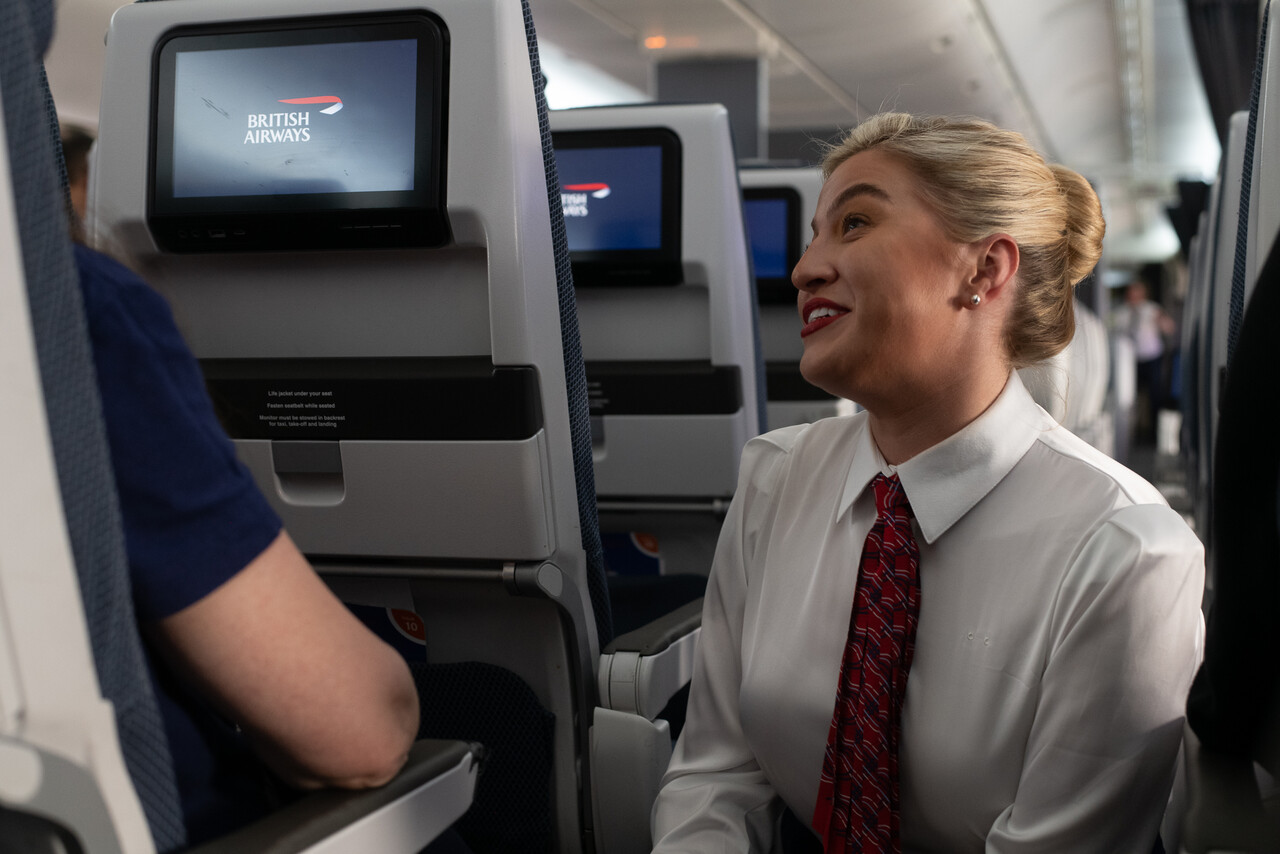British Airways Reverses Uniform Decision Amid Crew Protest
In a surprising turn of events, British Airways, the United Kingdom’s flagship carrier, has made headlines by reversing its decision on new uniforms for its cabin crew following a robust protest from its employees. This development underscores the growing influence of employee voices in shaping company policies, particularly in the aviation industry, where staff satisfaction is crucial for smooth operations and customer service excellence.
British Airways Reverses Uniform Decision

British Airways has recently announced a reversal of its decision to implement a new uniform policy, which was originally slated to be rolled out by the end of the year. The uniforms, which were designed to introduce a modern aesthetic to the airline’s cabin crew and align with current fashion trends, had been in development for over two years. The airline had collaborated with renowned designers to create a look intended to reflect the brand’s heritage while signaling a forward-thinking approach.
The decision to reverse the uniform rollout comes as a surprise to many, given the considerable investment the airline had made in the initiative. Sources within the company suggest that the decision was not taken lightly, as it involved a comprehensive review of the feedback from various stakeholders, including employees, designers, and even passengers who had been surveyed on the proposed changes. The move highlights the complexity of balancing corporate branding with employee satisfaction and the practical needs of those who wear the uniforms daily.
By halting the implementation of the new uniforms, British Airways aims to address the concerns raised by its cabin crew, who are integral to the airline’s operations and customer interaction. The airline’s leadership has emphasized its commitment to maintaining open lines of communication with staff and ensuring that all changes reflect a consensus rather than imposition. This decision marks a significant moment for the airline, as it chooses to prioritize employee sentiments over pre-set branding strategies.
Crew Protests Prompt Policy Change

The reversal of the uniform decision by British Airways follows a series of protests from its cabin crew, who have voiced strong opposition to the proposed design changes. The crew’s primary concerns centered around comfort, practicality, and the lack of input they had in the design process. Many felt that the new uniforms did not adequately consider the physical demands of their job, raising issues such as restricted movement and fabrics unsuitable for long-haul flights.
The protests, which began as internal discussions, quickly gained momentum and visibility through social media platforms, garnering support from both current and former employees. This digital activism played a crucial role in drawing the attention of British Airways’ senior management, who were compelled to reassess the uniform strategy in light of the public and internal pressure. The airline’s decision to engage directly with the crew and involve them in future design processes is seen as a direct response to these protests.
In a statement, British Airways acknowledged the role of the crew’s feedback in shaping the final decision. They expressed gratitude for the honest and constructive criticism provided by the employees, emphasizing that the airline values its staff’s insights and experiences. The move has been hailed by industry analysts as a positive example of employee-employer collaboration, suggesting that such participatory approaches could set a precedent for future policy decisions within the airline and beyond.
British Airways’ decision to reverse its uniform policy following the crew’s protest is a testament to the growing empowerment of employees in corporate decision-making processes. In an industry where frontline staff play a pivotal role in shaping customer experiences, listening to and acting upon their feedback is vital. This incident not only highlights the importance of inclusivity in corporate strategies but also reinforces the idea that businesses can benefit from fostering a culture of open dialogue and collaboration. As British Airways moves forward, it will be intriguing to see how this approach influences its future policies and how other companies in the sector might adopt similar strategies.



